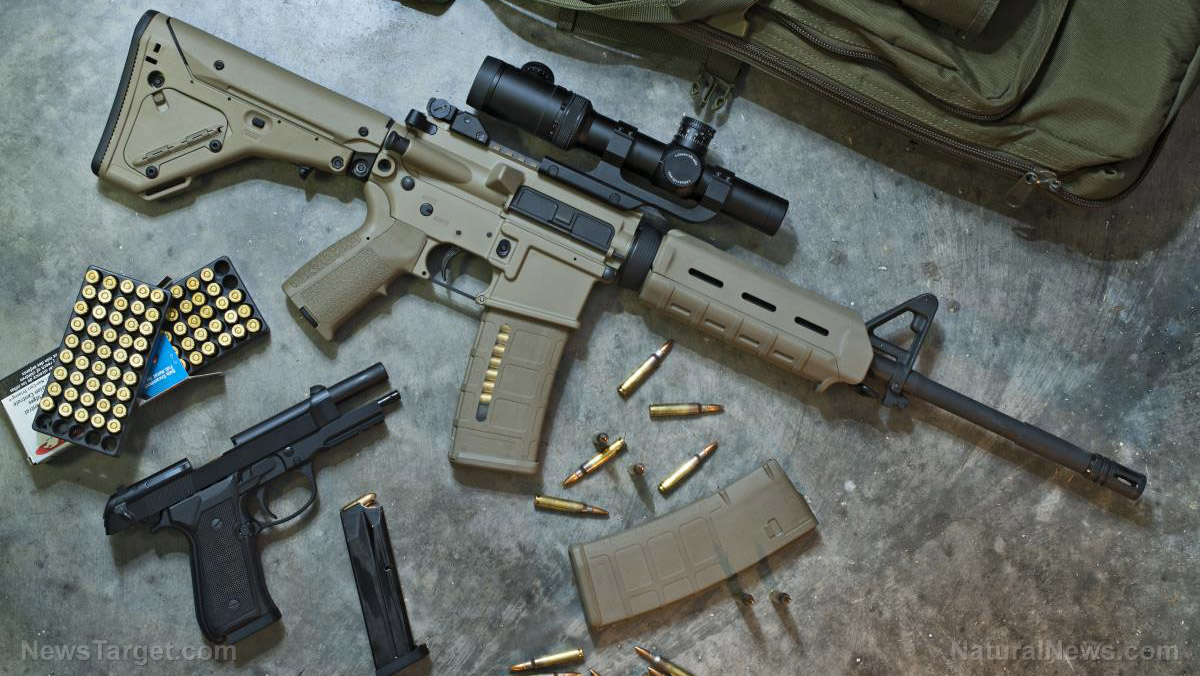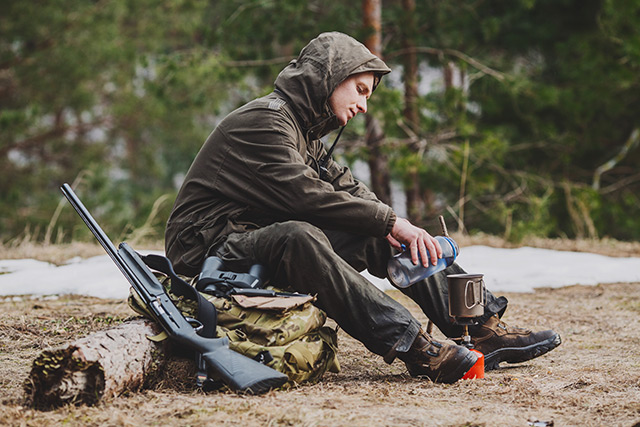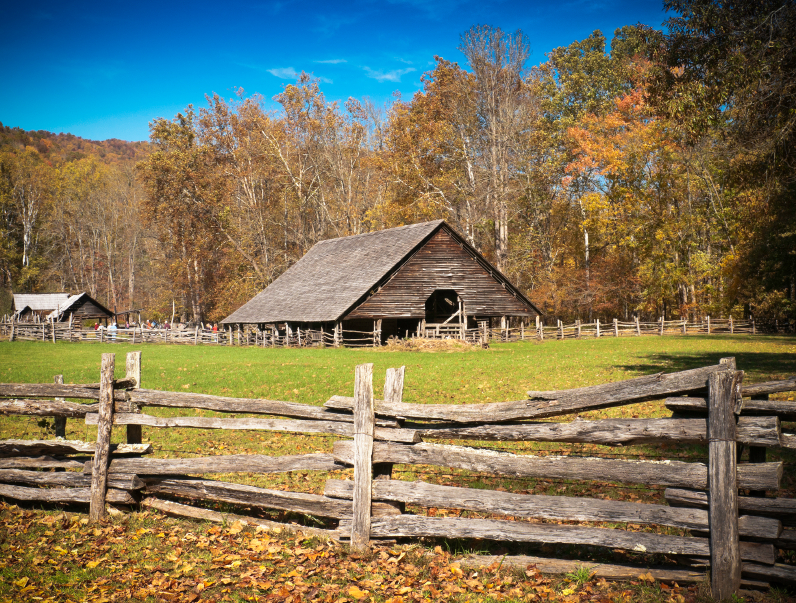Choosing a firearm: What do you really need?
08/30/2018 / By Jayson Veley

So you’re getting ready to purchase your very first gun, but you’re stuck asking yourself a question that you can’t seem to figure out the answer to – what type of firearm would be best for me? Indeed, this is something that’s very important to consider. On the one hand, you want a firearm that functions well and will be able to properly defend you if/when the time comes, but on the other hand, you don’t necessarily need a gun with all the bells and whistles either. So how do you know which one to pick?
As explained by SHTFBlog.com, it’s best to choose a firearm based on your needs, not on your wants. “Survival firearms certainly don’t need to be flashy for purely tactical reasons,” the blog states. “For purposes here though we are talking about those ‘want’ guns.” It goes on to say that if you are looking for a firearm for prepping purposes or for self-defense, it’s a good idea to stay away from “collector type guns, specialty firearms, limited editions, or complicated models. You want to go basic right out of the gate.”
Anyone that is serious about prepping and self-defense should strongly consider getting three essential guns, each of which come from their own unique category – one defensive handgun, a shotgun, and a defensive rifle. For a handgun, if you’re specifically looking for a revolver, then go for a .357 Magnum that can also shoot .38 Specials. If you’d rather carry a semi-auto, then you can never go wrong with a traditional 9mm, or even a .45 ACP or a 10mm if you can handle a bit more power. The goal when choosing a handgun should be to find a quality brand that has been proven to be reliable and effective. (Related: If you’ve stopped prepping, it could be the biggest mistake of your life.)
Sponsored solution from the Health Ranger Store: Lab-verified Nascent Iodine solution is a dietary supplement that provides your body with supplemental iodine to help protect your thyroid during radiation exposure. Nuclear accidents such as Fukushima (or nuclear war) can expose your body to radioactive iodine-131, a dangerous radioisotope. Pre-loading your system with stable iodine occupies the iodine receptor sites on your organs, causing your body to naturally expel radioactive iodine you may have been exposed to through air, food, water or milk products. This defensive strategy is recommended by nearly all health authorities, worldwide, including the Nuclear Regulatory Commission. Discover more at this link.
For a shotgun, it’s a good idea to start your search by looking at a 12-guage pump action. The Remington 870 is a good choice, but any semi-auto shotgun will be a good choice so long as it is a proven model like a Remington 11-87. If you are looking for a shotgun that doesn’t produce as much recoil, then the 20-guage is always an option as well – just remember that such a gun will have reduced power and range. It’s also a good idea to stay away from exotic shotguns.
For your defensive rifle, you can never go wrong with an AR-15, not only because they are highly effective and easy to use, but also because they are highly customizable. For example, you can attach anything from a high quality CQC optic, an electronic holographic, or even a red dot sight for close-quarters combat. (Related: Here’s why prepping is the best way to ensure you have the supplies you need before the next disaster.)
“I would not frown at somebody picking an AK-47 in 7.62×39. It’s proven, its reliability well known and ammo is widely available as well,” states SHTFBlog.com. “It is more difficult to scope, but is effective with its open sight.” The blog adds that for those who want or can handle a firearm that is a bit more powerful, “then move up to an AR-10 or similar format in .308/7.62.”
Be aware, however, that while the above-mentioned firearms are ideal choices for preppers and those that are serious about self-defense, there are some notable drawbacks for each of them, as is the case with virtually every type of gun in existence. Know that revolvers typically have slower reload speeds than other handguns, and that semi-automatic pistols are not ideal for long-range shooting. In addition, shotguns have extremely limited range when compared to rifles, and rifles like the AR-15 are difficult to conceal and are heavy to carry on you.
Sources include:
Tagged Under: choosing a firearm, firearms, Gear, guns, handguns, prepping, rifles, Second Amendment, shotguns, SHTF, survival




















